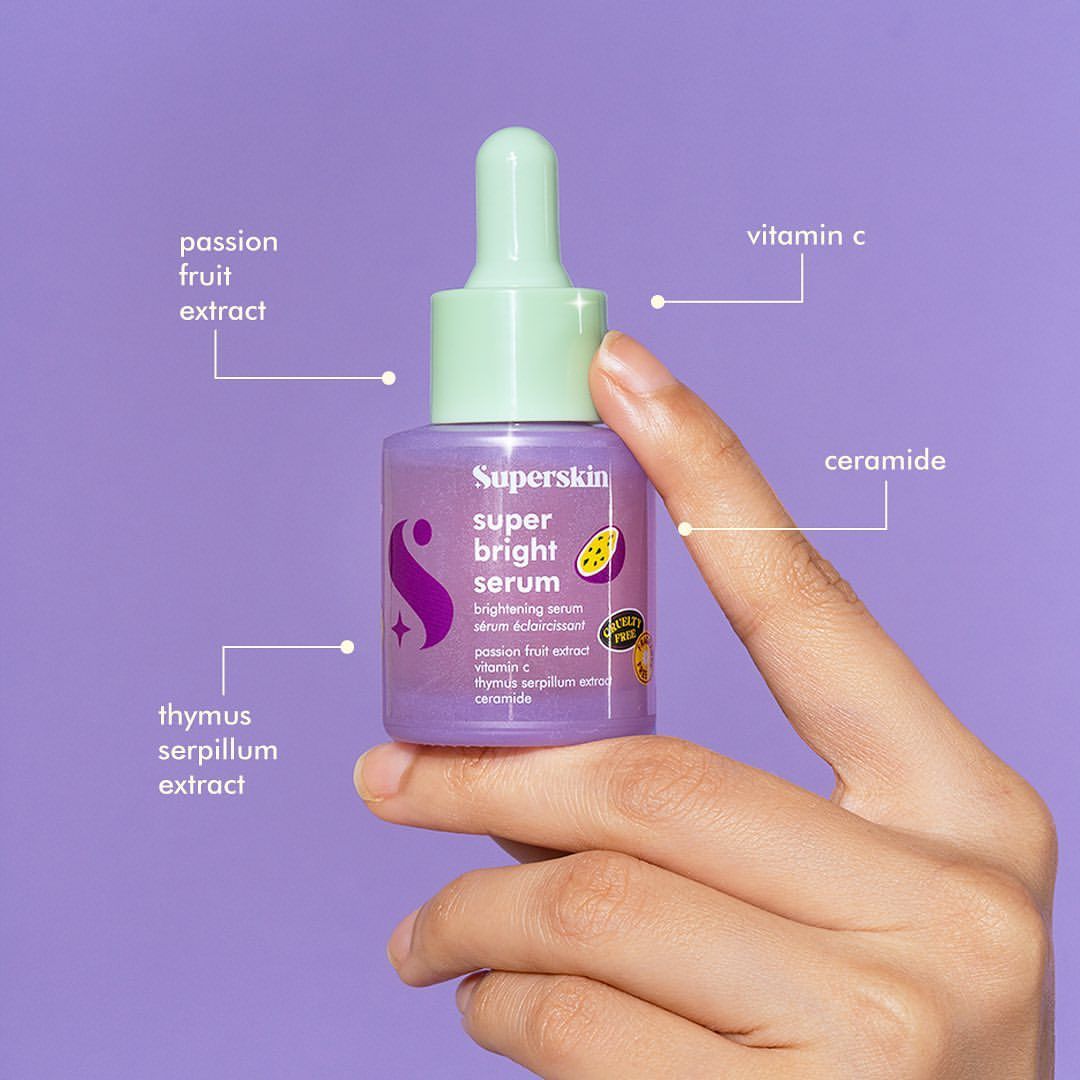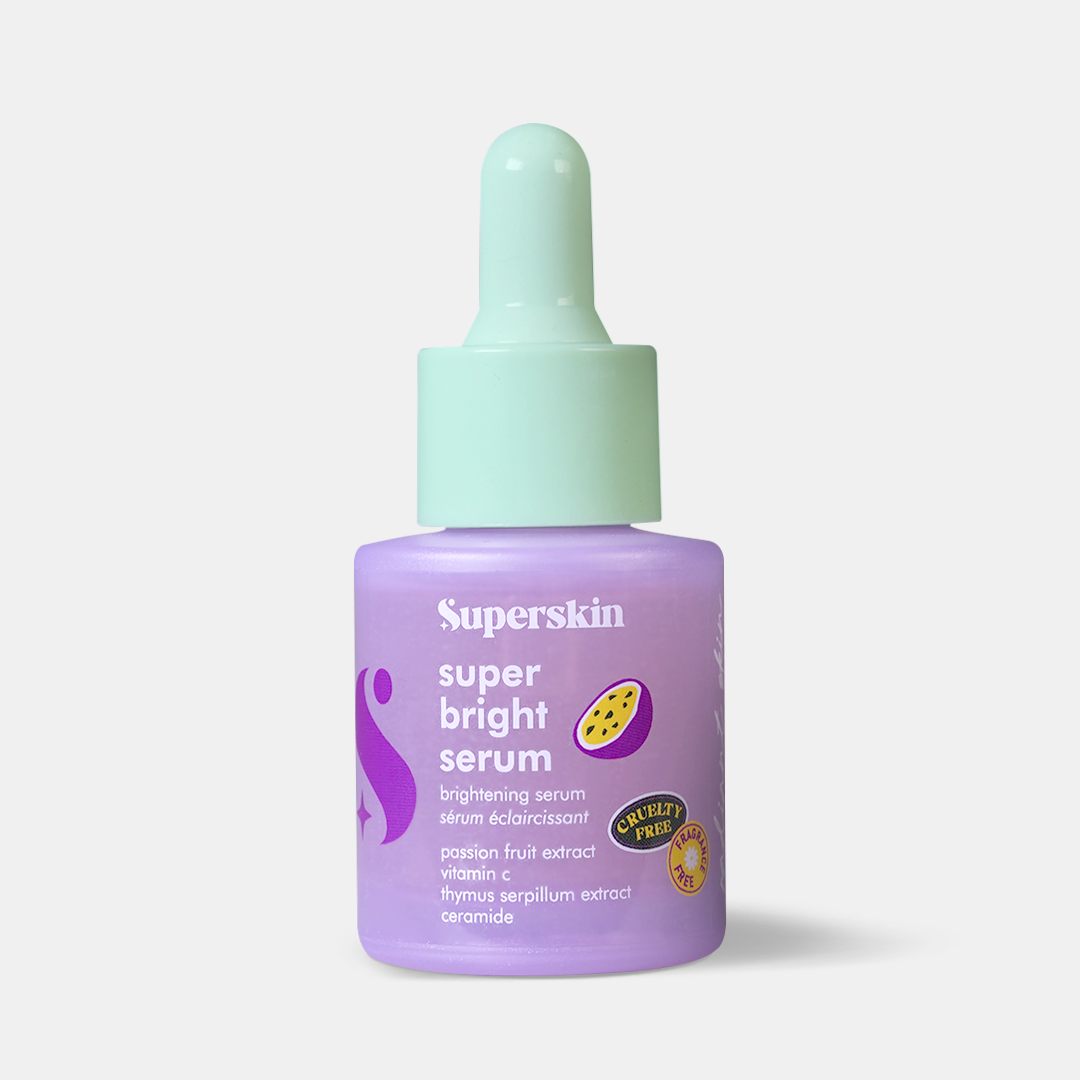Introduction
With the arrival of hot season, many of us are still prefer to soak up the sun's rays to enjoy outdoor activities and bask in its warm embrace. However, it is crucial to remember that prolonged sun exposure without proper protection can lead to a painful condition known as sunburn. In this article, we will explore the causes, effects, and preventive measures for sunburn to ensure you can enjoy the sun responsibly and keep your skin healthy.
Sunburn occurs when the skin is overexposed to ultraviolet (UV) radiation from the sun or artificial sources, such as tanning beds. There are two types of UV rays that reach the Earth's surface: UVA and UVB. Both can contribute to sunburn, but UVB rays are primarily responsible for causing skin damage.
When your skin is exposed to UV radiation, it triggers a defensive response. Melanin, the pigment that gives color to your skin, tries to absorb and disperse the UV radiation to protect deeper layers. However, prolonged exposure can overwhelm this defense mechanism, resulting in red, painful, and inflamed skin.
Effects of Sunburn
Sunburn is more than just a temporary discomfort. It can have various short-term and long-term effects on your skin's health. Some of the common effects include:
Pain and Discomfort: Sunburned skin is typically hot to the touch, tender, and sensitive. It may cause itching, peeling, and blistering, making daily activities uncomfortable.
Increased Skin Cancer Risk: Frequent and severe sunburns can contribute to an increased risk of developing skin cancer, including melanoma, the most dangerous form of skin cancer.
Premature Aging: Sunburn accelerates the skin's aging process, leading to wrinkles, fine lines, and age spots. It can make your skin look dull, leathery, and prematurely aged.
Prevention of Sunburn
Fortunately, sunburn can be prevented with a few simple measures. Here are some effective strategies to protect your skin from harmful UV radiation:
Apply Sunscreen: Use a broad-spectrum sunscreen with a sun protection factor (SPF) of 30 or higher. Apply it generously to all exposed areas of your skin, including your face, neck, arms, and legs. Reapply every two hours, especially after swimming or excessive sweating.
Seek Shade: Avoid direct sunlight during the peak hours of 10 a.m. to 4 p.m. If you must be outside, try to stay in the shade under an umbrella, tree, or wear protective clothing.
Wear Protective Clothing: Dress in loose-fitting, long-sleeved shirts, long pants, and wide-brimmed hats to shield your skin from the sun's rays. Dark-colored clothing with a tight weave provides better protection.
Wear Sunglasses: Protect your eyes from harmful UV rays by wearing sunglasses that block 100% of UVA and UVB rays. Look for sunglasses with UV protection labels.
Stay Hydrated: Drink plenty of water to keep your body hydrated, as sunburn can dehydrate your skin. Hydrated skin is less prone to damage.
Be Cautious in Water and Snow: Water and snow reflect UV rays, intensifying exposure. Apply sunscreen even when you're swimming or participating in winter activities.
Repair sunburn with Superskin Super Bright Serum that has 5 active ingredients that can repair your damage skin caused by sunlight. The 5 active ingredients include:
- Passion Fruit Extract - Improve dull skin
- Vitamin C - Skin brightening & heals sun damage
- Ceramide - Repair skin barrier
- Thymus Serpillum Extract - Stop skin pigmentation
 Hero ingredients in Superskin Super Bright Serum
Hero ingredients in Superskin Super Bright Serum
 Hero ingredients in Superskin Super Bright Serum
Hero ingredients in Superskin Super Bright SerumConclusion
While spending time outdoors and enjoying the sunshine is undeniably delightful, it's crucial to protect your skin from the harmful effects of UV radiation. Sunburn can cause immediate discomfort and have long-term consequences for your skin's health. By following preventive measures such as applying sunscreen, seeking shade, and wearing protective clothing, you can enjoy the outdoors while keeping your skin



